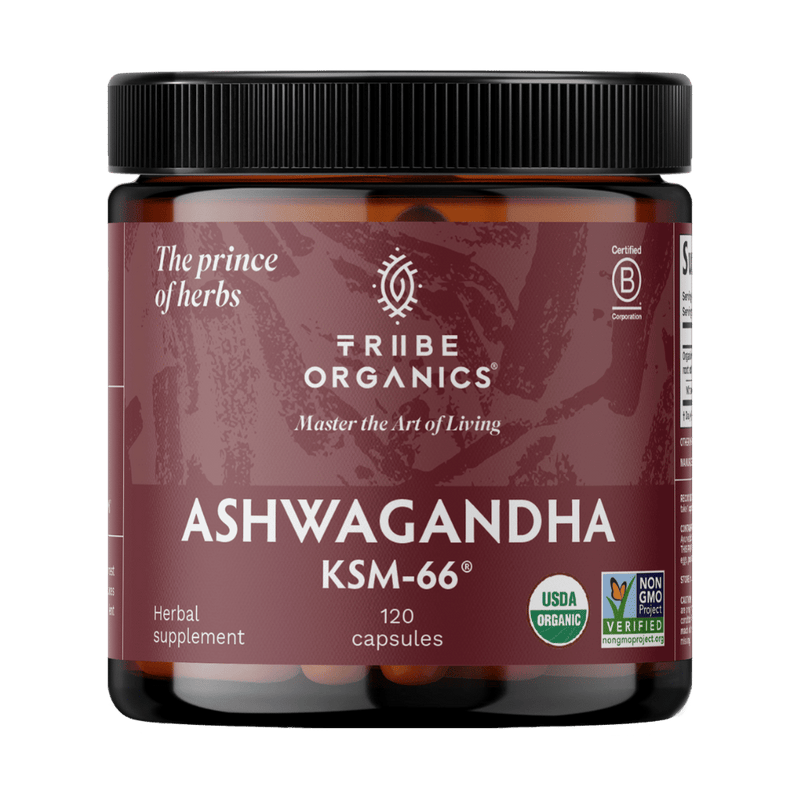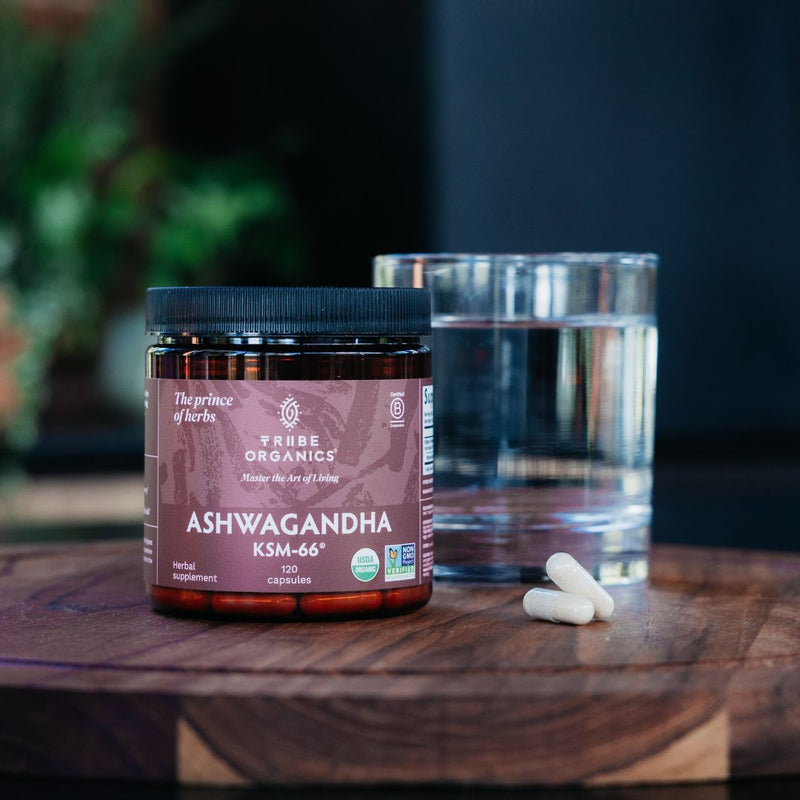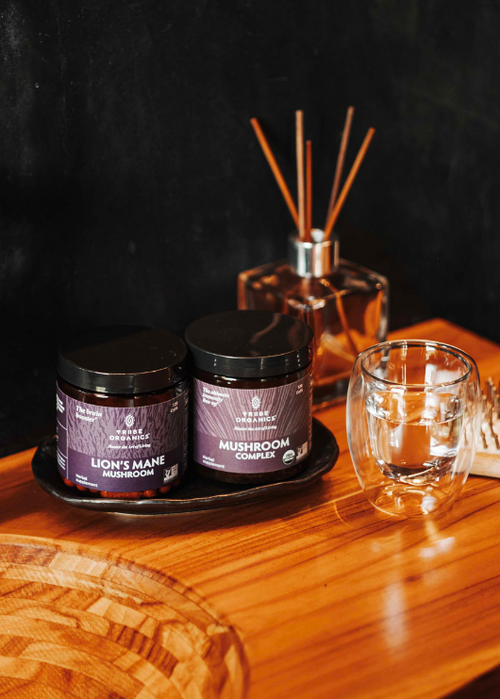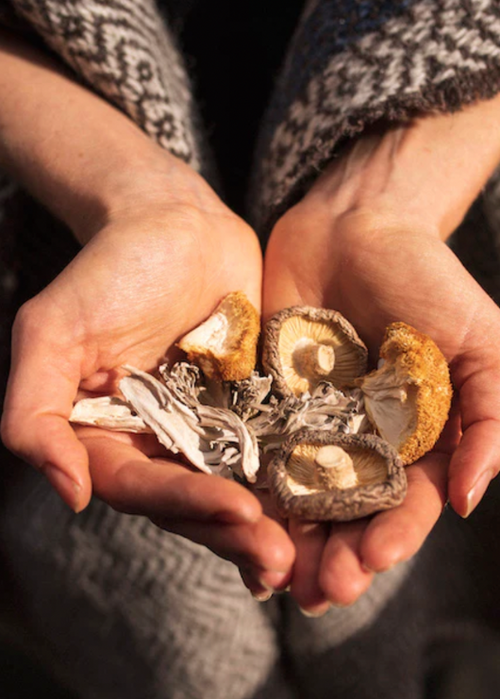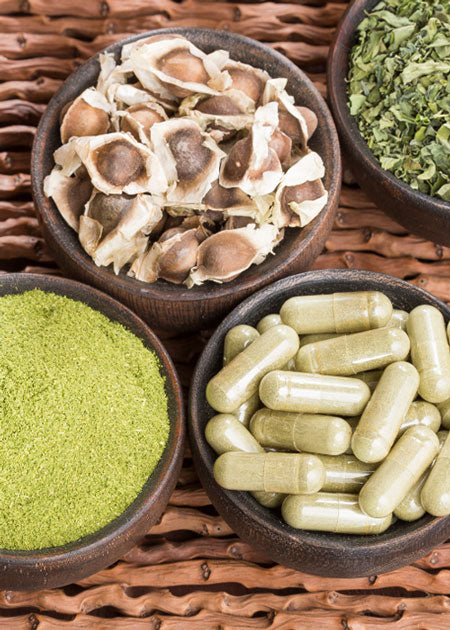For those familiar with the exotic spices of South Asia, you likely already know quite a bit about turmeric. Turmeric is a spice often used in cuisine within countries ranging from India to Sri Lanka and even all the way to Haiti. This delicious and rich spice adds a lot of character to food, but did you know that it has also long been used for medical treatment?
What is Turmeric Curcumin?
Turmeric is a root plant that comes from the very same family of plants as ginger. It is native to tropical climates, primarily Southern Asia, and has a distinct flavor and golden orange color that makes it hard to mistake.
Curcumin is a compound that exists within the turmeric plant itself, and is the primary compound that turmeric derives its striking color from. It is also the compound that experts believe gives turmeric all of its striking health benefits.
The Benefits of Turmeric Curcumin
Turmeric has been used in ancient and modern medicinal practices for thousands of years. However, it is only recently that medical professionals have begun to trace the scientific reason behind the many medicinal benefits of turmeric.
Curcumin is a Potent Antioxidant
The Curcumin compound has long been known to have antioxidant properties. Antioxidants are important because they combat free radicals within the body, which can cause damage to organic cellular structures. In essence, antioxidants are great for anti-aging purposes. This makes Curcumin great for encouraging an overall feeling and appearance of wellness.
Curcumin is Great for Brain Function
Keeping the brain healthy and functioning is the most important piece to a long and happy life. When we lose production of the brain growth hormone known as Brain-Derived Neurotrophic Factor, we begin to see cognitive damage rapidly. This leads to cognitive decline as well as other reduced brain functions. Curcumin is known to increase hormone production in the brain, and combat brain function deterioration.

Curcumin Can Combat Alzheimer's
Going along with what was mentioned above, Curcumin can actually prevent one of the most serious mental illnesses known to our species--Alzheimer's. Alzheimer’s disease is responsible for loss of brain function, loss of long and short term memory, and even physical decline. This can be caused by inflammation in the brain, as well as buildup of harmful protein tangle production in the brain. Curcumin is linked to the direct reduction of both.
Curcumin is Great for Combating Depression
An exciting study of a group of 60 individuals with diagnosed depression showed that when given a dose of Curcumin the results were very similar to that of the test group which was given Prozac. Even better, pairing prozac with Curcumin produced even more astounding results. The study showed that Curcumin was great at reducing the symptoms of depression as well as boosting antidepressant hormone production in the brain.
Curcumin Can Reduce Cholesterol Levels
Curcumin has been linked to the reduction of triglycerides in the body. These are fats that exist in the blood and are connected with increased cholesterol levels. Taking turmeric supplements can reduce the levels of these fats, and in-turn reduce cholesterol greatly.
Curcumin is a Powerful Anti-Inflammatory
Chronic inflammation is one of the leading causes of illness in modern society. It leads to heart disease, high blood pressure, cancer, and more. This is a problem that many aging Westerners face daily. Curcumin has been shown to have powerful anti-inflammatory properties that help reduce these medical risks.
Curcumin Combats Heart Disease
Heart disease is the most dangerous foe we will ever face statistically. It is the #1 killer of humans in the world. That is why combating it is so important. Luckily, Curcumin and its powerful anti-inflammatory and antioxidant properties can help reduce the risk of heart disease dramatically.
Curcumin is Great For Arthritis
In the same vein as above, arthritis is a scourge that plagues many elderly--and even young--people in the world. It is caused primarily by inflammation in the joints. This leads to extreme pain and joint disfiguration. Curcumin is known to reduce inflammation, and provides relief and treatment for arthritis.
Curcumin Can Prevent Cancer
The dreaded ‘C’ word is one of the most terrifying prospects of diagnosis for all of us. It ravages the body, and medical professionals still can’t completely solve it. However, studies have shown that Curcumin is directly linked to the prevention of cancer cells forming. In addition, more recent studies have shown that Curcumin may even be able to slow the growth of cancer cells, and help treat cancer itself.
Curcumin Can Help Treat Diabetes
A recent study showed that when concentrated into tetrahydrocurcumin, the Curcumin compound can perform astoundingly well in treating type 1 & 2 diabetes. The compound was shown to reduce blood sugar levels in diabetic rats, as well as increase their plasma insulin naturally. This indicates that Curcumin can be effective in helping to treat and manage diabetes.
Curcumin is Great For the Skin
Because Curcumin is known to have powerful anti-inflammatory, antioxidant, and antimicrobial properties, it is pretty great for treating the skin. Conditions such as acne, eczema, psoriasis, aging, etc,. Can be potentially treated using Curcumin. Studies are still on-going, but look promising for the scientific evidence that Curcumin is great for the skin.
Curcumin is Great for Overall Wellness
Curcumin is a compound that has been linked to multiple health and wellness benefits. From reducing aging, to cutting down inflammation, and preventing cancer cells from forming. This helps lend evidence--greatly--to the fact that ancient medicinal uses of Curcumin were right. Curcumin is great for promoting an overall sense and feeling of health, wellbeing, and vitality.
How Much Turmeric Curcumin Should You Take?
Capsules vs. Powder
Before we dive too far into the dosage question, let’s take a quick look at the difference between turmeric capsules and turmeric powder. We have a more in depth write up on this [hyperlink turmeric powder vs. capsules article when posting], but we will summarize really quickly for the sake of the topic at hand.
When introducing turmeric into your diet, you need to consider the difference between capsules and straight turmeric powder. This is because of the dosage of the compound Curcumin. The Curcumin compound is the compound most directly tied to all of the health benefits of turmeric. However, it does not come in the same amounts across all types of turmeric.
In raw Turmeric (or dried/ground powder), there is only about 3% by volume of Curcumin. However, in supplement capsules there is roughly 95-97% Curcumin by volume as the capsule itself is turmeric concentrate. So, in essence, dosing turmeric daily is vastly different for those taking capsules versus those simply eating turmeric powder. So, let’s talk about both.
Dosing Turmeric Powder
Turmeric powder--spice--is consumed by billions of individuals across the globe every day. All across south Asia the spice itself is a staple in the daily diet of individuals there. But, how much of it are they actually eating? Well, that is a tough number to approximate. However, we have some estimates.
Studies show that the average south Asian individual will eat between 2,000-2,500mg of turmeric per day. That’s about ½ - 1 full teaspoon per day. However, it’s important to note what we discussed above. Turmeric as a spice does not contain very much Curcumin by volume.
If the average individual in southern Asia is eating between 2,000-2,500mg of turmeric per day as a spice, they are then consuming about 60-100mg of Curcumin per day. That is significantly less than most turmeric Curcumin capsules contain per capsule. And even less than that when compared with clinical trial testing dosages.
While studies do show that consuming Curcumin in small doses is still pretty beneficial, it may not give the full results that you are looking for--depending on what those are. For a more dramatic response in health treatment, you may want to go with capsules of turmeric Curcumin concentrate.
Dosing Turmeric Capsules
As we mentioned above, turmeric Curcumin capsules are virtually all Curcumin as a compound. This is because medical research links most of the medical benefits of turmeric to the Curcumin compound itself. With this in mind, taking a Curcumin capsule may yield more consistent and faster results when it comes to health.
The average capsule of turmeric Curcumin contains about 500mg of the turmeric Curcumin compound. Now, remember, 95-97% of this is going to be Curcumin. This means that well over 400mg of each capsule is going to be pure Curcumin extract. That is already over 4x the Curcumin intake of the average south Asian individual in their diet.
Calculating how much you need is going to depend on your bodyweight as well as what you are trying to accomplish. In general, the World Health Organization recommends 1.4mg of Curcumin per pound of body mass per day. However it should be noted that research also shows that taking more than this does not show any negative short-term effects. In fact, higher doses can actually prove more beneficial in short term usage situations.
So in general, you are going to want to take a dose that is proportionate to your weight and the issue you are having. For example, for inflammation or pain caused by osteoarthritis, most recommended dosages are about 250mg-500mg of turmeric Curcumin 1-2 times per day for 2-3 months. For more severe conditions such as high blood pressure, that dose is often increased to 350-700mg 1-2 times per day for 2-3 months.

Is Too Much Turmeric a Bad Thing?
As with anything, too much of a good thing can often be a bad thing. So yes, it is indeed possible to take too much turmeric Curcumin. However, that threshold is far higher than you likely think according to most studies.
Medical studies testing the safety of various Turmeric Curcumin dosages determined that doses even as high as 3,000-8,000mg showed no adverse side effects. This means that it is incredibly unlikely that you are going to cause any serious damage by eating a whole lot of turmeric Curcumin extract in a short amount of time. However, there are some side effects to turmeric Curcumin that you should still be aware of.
Turmeric Curcumin has been linked to certain side effects ranging from nausea and stomach pain, to increased risk of gallstones and kidney stones. It is important to always consult a medical professional before introducing any supplements into your diet.
Final Thoughts
Turmeric Curcumin is a mysterious and yet wonderful organic compound that all of us can enjoy. It can be taken in capsule form, topically through ointments, and even through simply adding it to your diet. While much is still unknown about turmeric Curcumin, a lot has already been revealed. It is a great compound for promoting overall health and wellness.
So, in conclusion, dosing Turmeric is very much dependent on a host of variables. But, in general, if you remember the difference between turmeric as a spice and turmeric as a capsule you are likely to be able to dose it rather accurately. Just remember the baseline calculation of 1.4mg of Curcumin per pound of body weight per day. That is always a great place to start! You can always slowly increase the dosage over time if need be.
Shop best sellers
Explore our collection of favorite items that have gained popularity for their quality and satisfaction.





